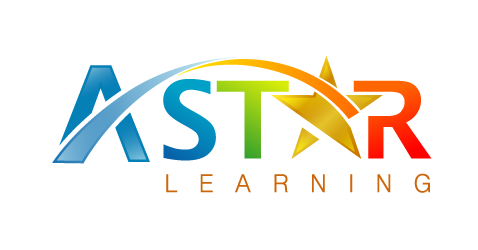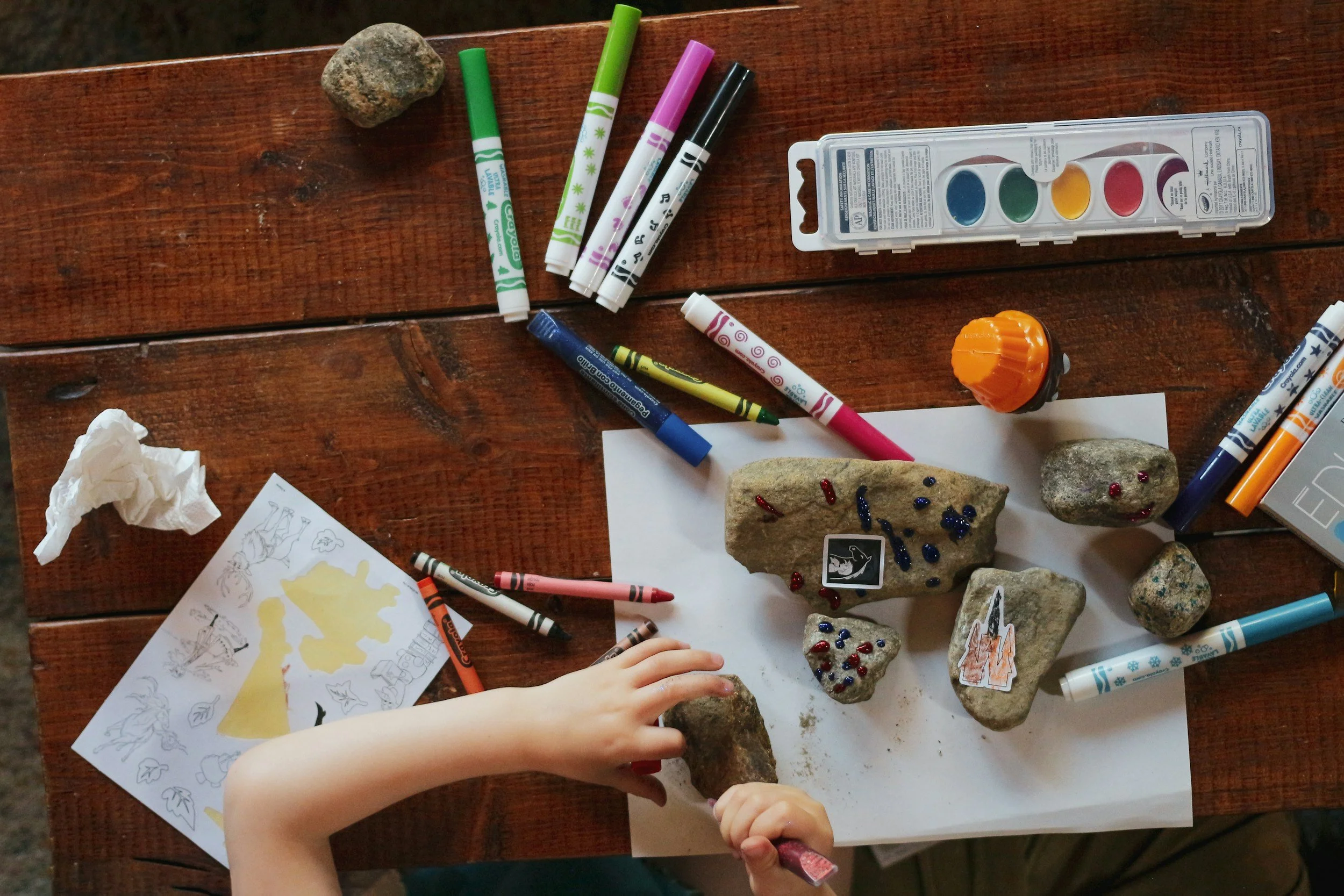Learning loss, often referred to as the “summer slide,” affects students of all ages. On average, children can lose up to two months of grade-level math and reading skills during the summer break. By the time September rolls around, many students start the new school year playing catch-up…





